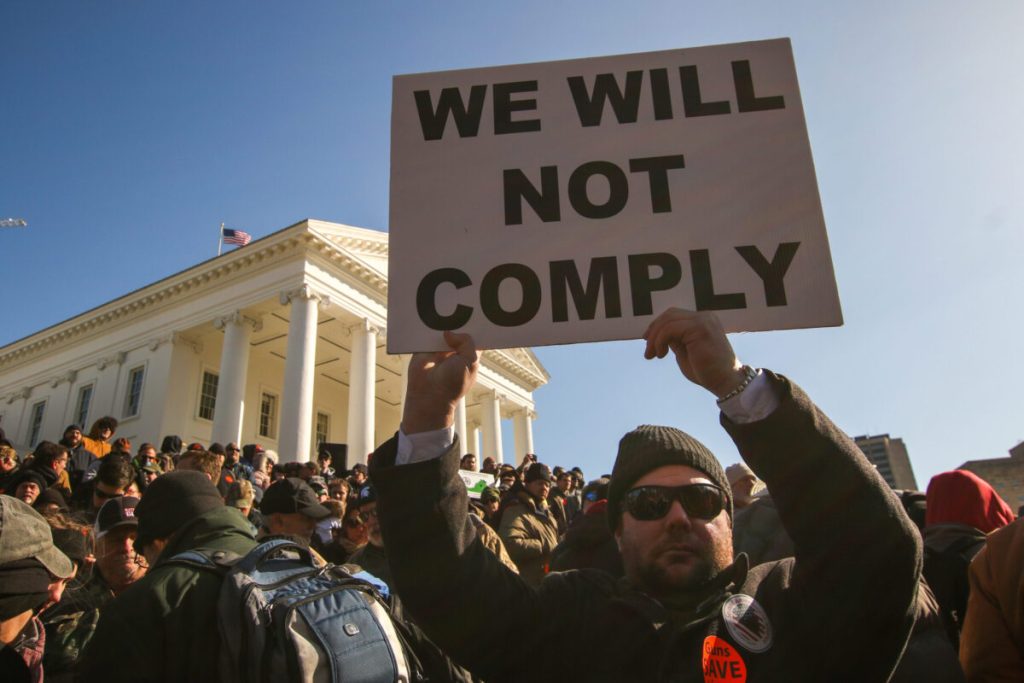In a rather stunning turn of events, county sheriffs from across the state have announced that they will not be enforcing Illinois’ new assault rifle ban just signed by Governor Pritzker Tuesday evening.
In a barrage of press releases from 27 counties from all across the state, sheriffs used almost identical language in stating their belief that the the ban, known as the Protect Illinois Act, is an unconstitutional violation of rights guaranteed under the 2nd Amendment.
The standard language, which is believed to have been drafted by the Illinois Sheriff’s Association, makes it clear that law enforcement in these counties will not proactively enforce the Act’s provisions:
“As the custodian of the jail and chief law enforcement official…[I] proclaim that neither myself nor my office will be checking to ensure that lawful gun owners register their weapons with the State, nor will we be arresting or housing law-abiding gun individuals that have been arrested solely with non-compliance of this Act.”
Language discussing the 2nd Amendment was also consistent:
“Part of my duties that I accepted upon being sworn into office was to protect the rights provided to all of us, in the Constitution. One of those enumerated rights is the right of the people to keep and bear arms provided under the 2nd amendment.
“The right to keep and bear arms for defense of life, liberty and property is regarded as an inalienable right by the people.
“I, among many others, believe that HB 5471 is a clear violation of the 2nd Amendment to the US Constitution.”
Kane County Sheriff Ron Hain issued his own statement, indicated that he will not proactively enforce the law, but “if we encounter a felon or someone in the commission of a crime in possession of extended capacity magazines or ‘assault’ rifles, we may use parts of the new law to impose additional charges.”
Seemingly anticipating the pushback, Pritzker made clear that he would not abide non-enforcement.
“The reality is that the state police is responsible for enforcement, as are all law enforcement, all across the state,” he said. “And they will, in fact, do their job or they won’t be in their job.”








